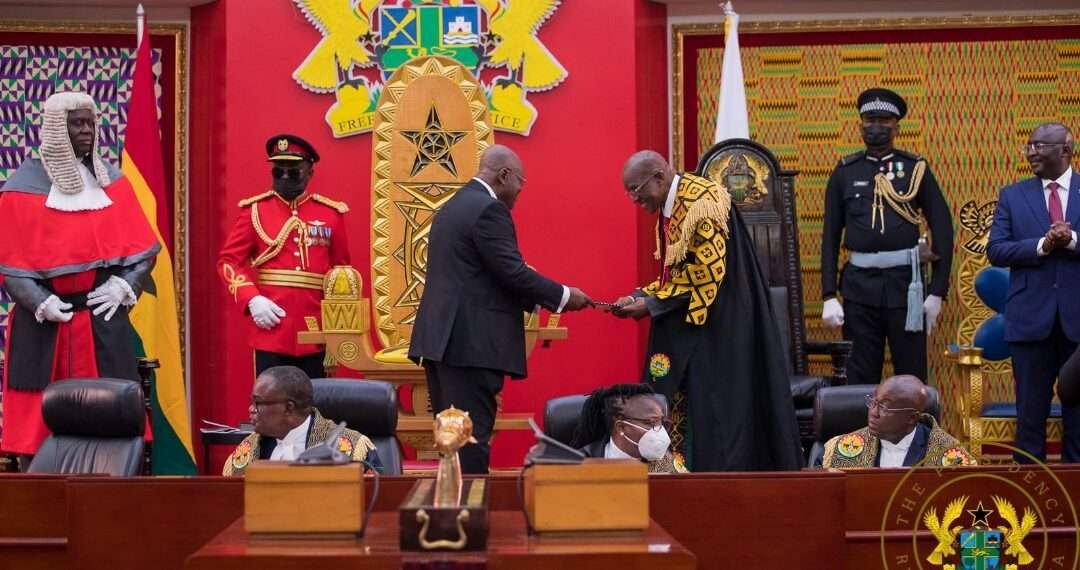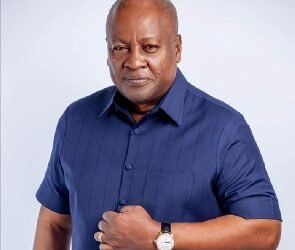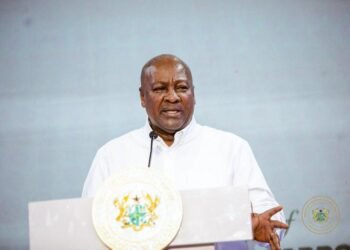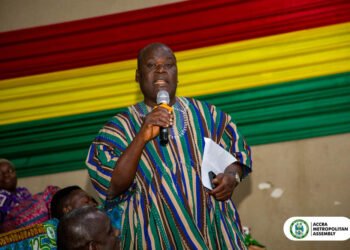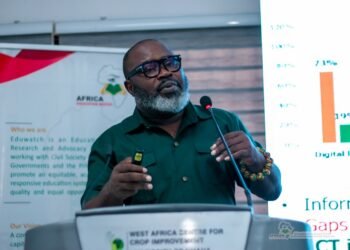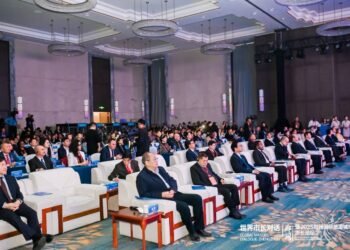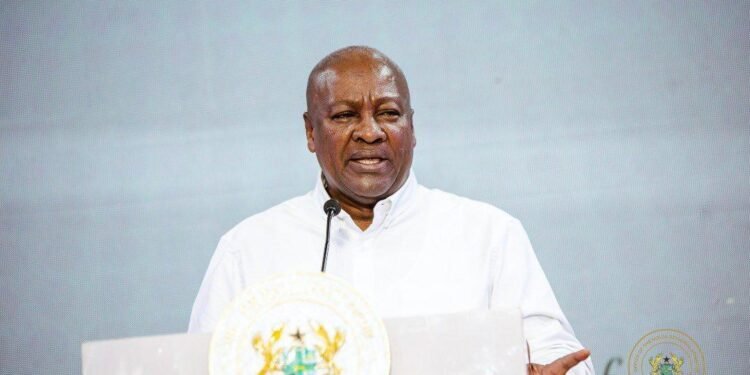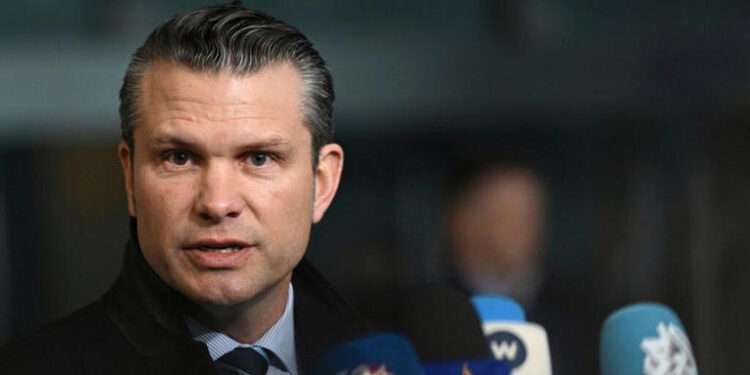The deadlock, characterized by a lack of consensus on the famous Human Rights and Family Values Bill has prompted calls for swift resolution from various quarters.
Over the past two weeks, the Office of the President and the Speaker have engaged in what can described as a show of superiority in terms of exercising governmental powers.
This follows a letter from the Secretary to the President cautioning Parliament to suspend the transmission of the Anti-Gay to the Office of the President for assent and the subsequent deferral of the approval of ministerial nominees by the Speaker of Parliament.
Over the period, while the conversations on the above subject matter have focused on which arm of government was and is right in its action, some good governance enthusiasts continue to express deep concern over how the standoff between the two arms of government could affect the management of the affairs of the state.
For instance, amid the tense standoff between Ghana’s Parliament and the Executive, concerns over the prolonged impact on the country’s economy and governance affairs have escalated.
It is important to state that, aside from the deferral of the ministerial nominees of the President by the Speaker of Parliament, there are also some loan facilities including the $150 million loan facility for the Greater Accra Resilient and Integrated Development Project which its fate is hanging due to the power play between the Speaker of Parliament and the Office of the President.
Franklin Cudjoe, the Founding President of the IMANI Centre for Policy and Education reacting to the deadlock, characterised by a lack of consensus on the famous Human Rights and Family Values Bill bemoaned situation and called for swift resolution to avert potential danger. to the country.
Mr Cudjoe’s poignant remarks underscored the situation’s urgency, urging the key stakeholders in both Parliament and the Executive to prioritise the country’s interests above all else.
“The standoff between Ghana’s Parliament and the Executive must be resolved before either party regrets the protracted impact on the economy and other affairs of state”
Franklin Cudjoe, Founding President IMANI Africa
He particularly called upon the Speaker of Parliament, Rt. Honorable Alban Kingsford Sumana Bagbin, as well as the leadership of the Minority and Majority Caucuses in Parliament to convene and establish a comprehensive schedule for addressing some pressing matters of state even before the House resumes from its break.
These according to him include the crucial tasks of vetting and approving ministers, as well as making decisive decisions regarding issues relating to the country’s financial sector.
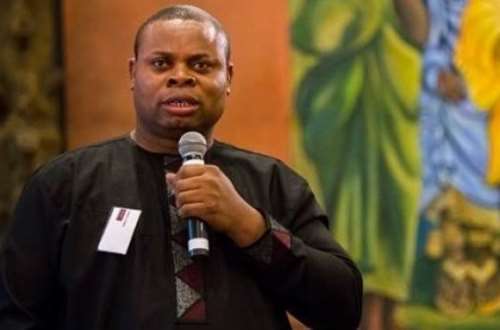
President Akufo-Addo Urged to Speak on Anti-Gay Bill
On the other hand, Mr Cudjoe also called upon President Akufo-Addo to address the country regarding the contentious issue of the anti-gay bill.
He posited that the bill, which has stirred considerable debate and controversy, demands clarity and leadership from the highest office of the country.
Mr Cudjoe emphasized the importance of President Akufo-Addo speaking openly and honestly about his stance on the bill, particularly emphasizing the value of human rights.
It is important to state that the impasse between Ghana’s Parliament and the Executive has created a significant bottleneck in the governance machinery, stalling essential processes that are vital for the country’s progress and stability.
Among the top priorities requiring immediate attention as earlier intimated by, Franklin Cudjoe, the leader of the policy think-tank, IMANI Africa is the vetting and approval of ministers, which is very essential for the smooth functioning of the government and the implementation of key policies and programs.
Additionally, the financial sector’s fate hangs in the balance as crucial decisions await resolution. With economic stability at stake, the timely resolution of these matters is imperative to mitigate any adverse impacts on Ghana’s economy and the financial well-being of citizens.
The call for decisive action from both Parliament and the Executive comes at a critical juncture for Ghana, as the country grapples with multifaceted challenges that require unified and proactive leadership.
Failure to promptly resolve the standoff between the two arms of government could have far-reaching consequences, not only for the economy but also for the overall governance landscape and Ghana’s standing on the global stage.



